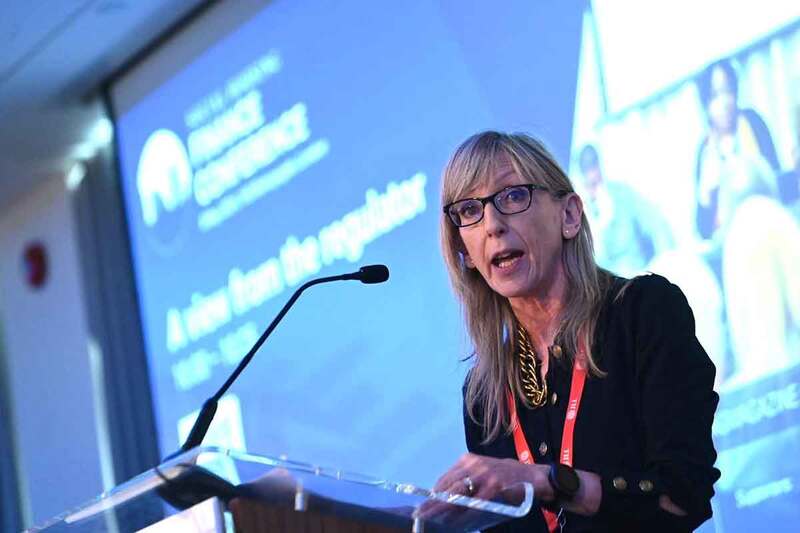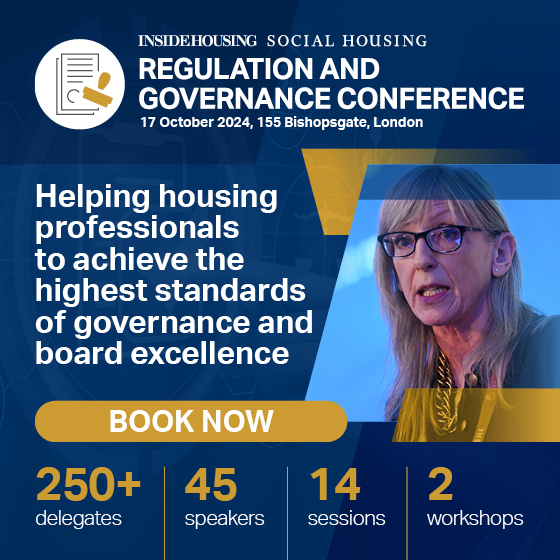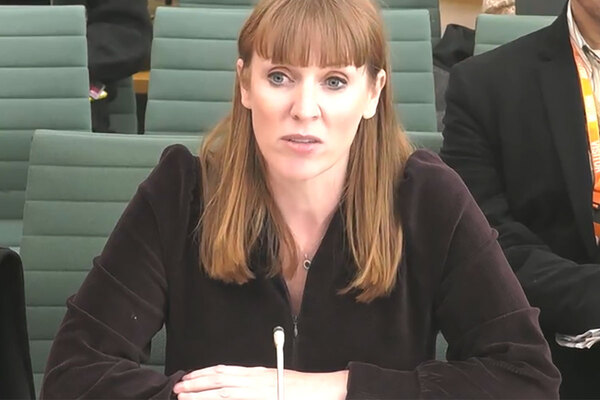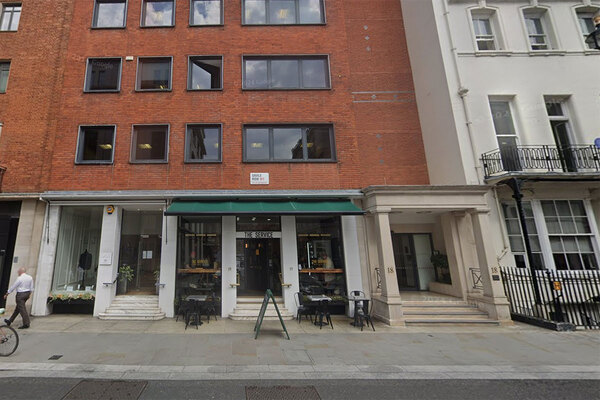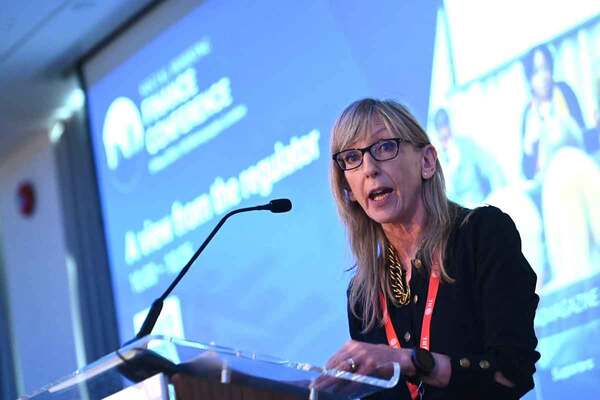You are viewing 1 of your 1 free articles
Ombudsman and regulator set out how they will work together under new duties
The Housing Ombudsman and the Regulator of Social Housing (RSH) have set out how they will work together under their expanded duties.
The two organisations outlined their working relationship in a memorandum of understanding, which is now a statutory document under the Social Housing (Regulation) Act 2023.
The RSH’s focus is at landlord level, setting standards that housing providers must deliver against, whereas the ombudsman decides on individual disputes between residents and landlords. The latter also sets complaint-handling requirements.
In the document, the English regulator and watchdog agreed to seek a “complementary and compatible approach” and communicate with one another at an early stage on issues that might have implications for the other organisation.
They also agreed to signpost enquirers to the other organisation where appropriate, meet and communicate regularly at operational level, seek to promote understanding about their respective roles, and ensure consistency when they communicate about each other’s roles.
Both RSH and the Housing Ombudsman have the power to share information with one another in certain cases. They agreed to share data on registered providers, insight on specific cases and intelligence on emerging sector risks where appropriate.
The ombudsman and the regulator have written to all social landlords setting out how they will work together under the memorandum.
Richard Blakeway, the housing ombudsman, said: “We are both committed to the same objective, which is the long-term improvement of homes and services for residents and the growth of this vital sector.
“Our joint work, offering valuable data, insight, and thematic analysis, underscores a mutual understanding of the sector’s core issues – culture, repairs and communication.”
Fiona MacGregor, chief executive of the RSH, said: “Each organisation’s role has developed as a result of the Social Housing (Regulation) Act, which gives us each new powers.
“In line with our remits, we will look to deliver our new roles in a proportionate way to ensure landlords deliver sustainable improvements where those are needed for the benefit of tenants.
“The updated memorandum of understanding gives landlords and tenants clear information about how we work together, in line with our distinct roles.”
The memorandum was agreed by both organisations on 5 July.
During a conference at the end of last month, delegates heard how one-third of social landlords were likely not following the ombudsman’s complaint-handling code in 2023-24.
Speaking during a session at Housing 2024, Jonathan Cox, director of data and business intelligence at Housemark, said that its newly published research on the tenant satisfaction measures found an “enormous” difference between some social landlords’ complaints figures.
Sign up for our regulation and legal newsletter
Already have an account? Click here to manage your newsletters
Sign up to the Regulation and Governance Conference 2024
At a time of major regulatory change, the Regulation and Governance Conference is designed to give board members and governance and risk professionals the insight they need to plan and prioritise effectively.
Join more than 250 delegates and 45 speakers to confidently navigate the change ahead and ensure you have the right governance structures and assurance frameworks to keep tenants safe and run a viable business.
